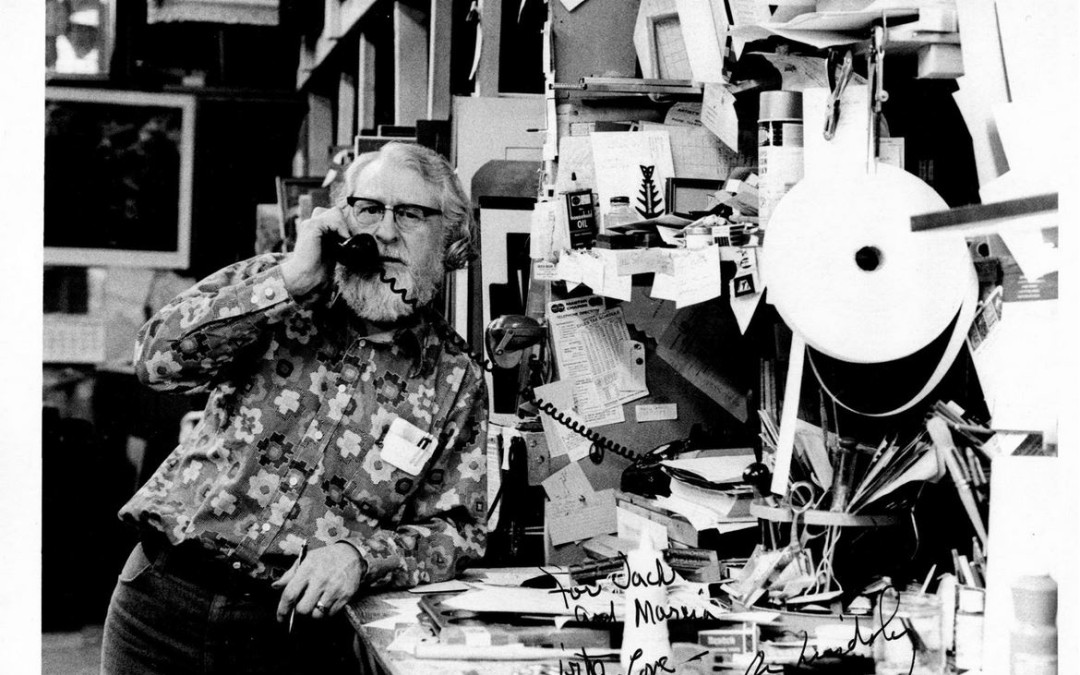Photo from Jack Dann
***
***
IN MEMORIAM
On Thursday, August 27, Joe Lindsley, age 95, suffered a fall at his home in rural Greene, NY. He lay on the floor until Saturday when the mail lady mentioned to a neighbor that Joe was not picking up his mail, and would he, the neighbor, go check on him. Joe was taken to Wilson memorial hospital, in Johnson City, New York, where he was diagnosed with a broken hip and dehydration. His hip was replaced, he was confined to bed on a diet of intravenous pain killers, and within a couple of days was undergoing rehabilitation.
I went to see Joe early in the week, but missed him, as he’d been taken to “vascular” for an examination. His roommate said he’d been in terrible pain and he didn’t know how a man of his age, 95, could handle it. The roommate was only 84. The following day found Joe awake, alert and talkative. It was the last time I would see him in that state. Joe remained unconscious from Sunday until his death Tuesday afternoon, September 8.
September 6, 2015. I went by the hospital early; his daughters Lisa and Laura were there already. They were kind enough to give us some time alone. I would characterize those few minutes as a cross between communion and confession. Joe-the-priest, of course, was in dreamland, occasionally twitching eyebrows and moving his jaw as if to speak. But it could as well have been to swallow, or mouthing words to someone with him in that other space. Or it could have been an attempt to answer me, or simply to ask me to please shut up and listen.
Later, in reflecting on our “dialogue,” I thought of a title for a poem, “What Do You Say To A Dying Man?” My answer to that: Whatever you can, whatever you want. Half-truths, perhaps, but
never any lies. Such as, “Don’t worry, you’ll be good as new tomorrow,” unless you are of the Belief the man will be spending all his tomorrows navigating the seas of the Great Hereafter. Joe wouldn’t buy that. I think he knew he didn’t have a lot of time left. In our last conversation he said it didn’t matter if there is or isn’t a life on the other side. He’d had a great life, and would take it as it comes. If there is something else, another life, he’d live it just as he’d lived this one.
Joe had a wide circle of family and friends, and friends who became family, who felt his love and vigor and influence through the years. The writer Jack Dann, his wife Janeen Webb, Jeanne van Buren, and I, to name just four. His outspoken engagement with liberal humanism made him a star in the small pantheon of Binghamton-area activists. His strong opinions reverberated in numerous online groups, which he discovered when his ability to get out and around was constrained by monetary and physical limitations. He never stopped being Joe, right up until the end, when he was good and damned ready to let go.

Joe Lindsley, Sue Kirkland, Jim Johnston, at Joe’s last show at Broome County Arts Council, 2012. Photo by Sharon Ball
Joe frequently mentioned his regret at dropping out of high school after his sophomore year. It was the depression and he had had a falling out with his father, though he never did say what it had been about. A couple of years later he went into the Army and saw action in the European theater. Upon his return, he spent several years in New York City, where he attended the Art Students League, and for a time shared what he recalled was a small castle above the Palisades in New Jersey, just over the George Washington Bridge from Washington Heights. The circle of friends who lived there included the diarist/poet/author Anais Nin, whose acquaintance he frequently referenced when drawing on those memories of his glory days.
The need to care for his ailing parents drew him back to the Southern Tier, and to Greene, where he lived, raised a family with his late wife Jean, and orchestrated his symphony of pastels, drawings, water colors, social activism and framing. The framing business, in fact, came to be how he made his living. Art was not to be a kind enough lover to give him financial freedom. Joe was astute enough to observe, however, that financial freedom was as much a trap for those who have it as his low income was for him, just in different ways. He had the freedom of mind and thought seldom characterized by bureaucrats, politicians and corporate masters, and was rightly proud to take issue with whatever self-serving or hypocritical proclamations and policies they espoused.
Joe’s presence was a godsend to many directionless youth seeking someone who would listen to them without being judgmental. If anything, he was the ultimate encourager, listening, sharing, reinforcing the natural and native inclinations, and creativity, of those he knew. The constancy in his own work, and the encouragement he provided others to pursue their own dreams and creative urges, were a cure for their insecurity, and perhaps even his own best medicine for what sometimes must have been an ailing spirit. But spirited he was, and that’s how he is remembered here.
Striving to overcome what he perceived as his own greatest shortcoming – a lack of formal schooling – Joe took to heart the advice of his high school art teacher, who Joe said must have known he would not be coming back for senior year. “Watch what others do, listen to what others say, and you will get an education.” That advice served him well for 9 ½ decades, through which he never lost his dignity, his voice, or his sense of humor. Music, art, history were all subjects he could handle with a critical eye and ear.
In that last conversation, Joe characterized life as a reflection of classical theater, the tragi-comic where pleasure is balanced with pain, where difficulties become the source of laughter, where guile results in the laconic, and truth is revealed in farce. He interpreted his fall and his pain as worthwhile as a day in the sun, just being alive and discovering what else there is that makes every day what it is. He loved the dreams he had lying in his hospital bed, detailed as life itself, he said, and just as fleeting. He repeated a couple of times that he’d been waking up laughing, despite the pain, and attributed it to the odd set of circumstances that put him where he was. The irony was everywhere. He may not have had a Ph. D. in Classics, but he didn’t need one. He already had his arms around the Muse who inspired them.
Joe’s attempts at rehabilitation-cut-short included a handful of nursing staff rolling him into a sitting position so he could drop his legs over the side of the bed. The pain was excruciating, he said, and he would have given anything to just lay back down. But when his bare feet hit the cold floor, he told me, it was heavenly. The pain seemed to melt away, at least for that moment, and he felt like he was in touch with the universe.
Of course there’s more; I’ll leave it at this, a constant refrain by so many who knew him: His voice, his laughter, his humor, his rage… and his taste for a good cabernet made with plums, not blackberries, all will be missed
Michael Foldes
9-9-15


Recent Comments